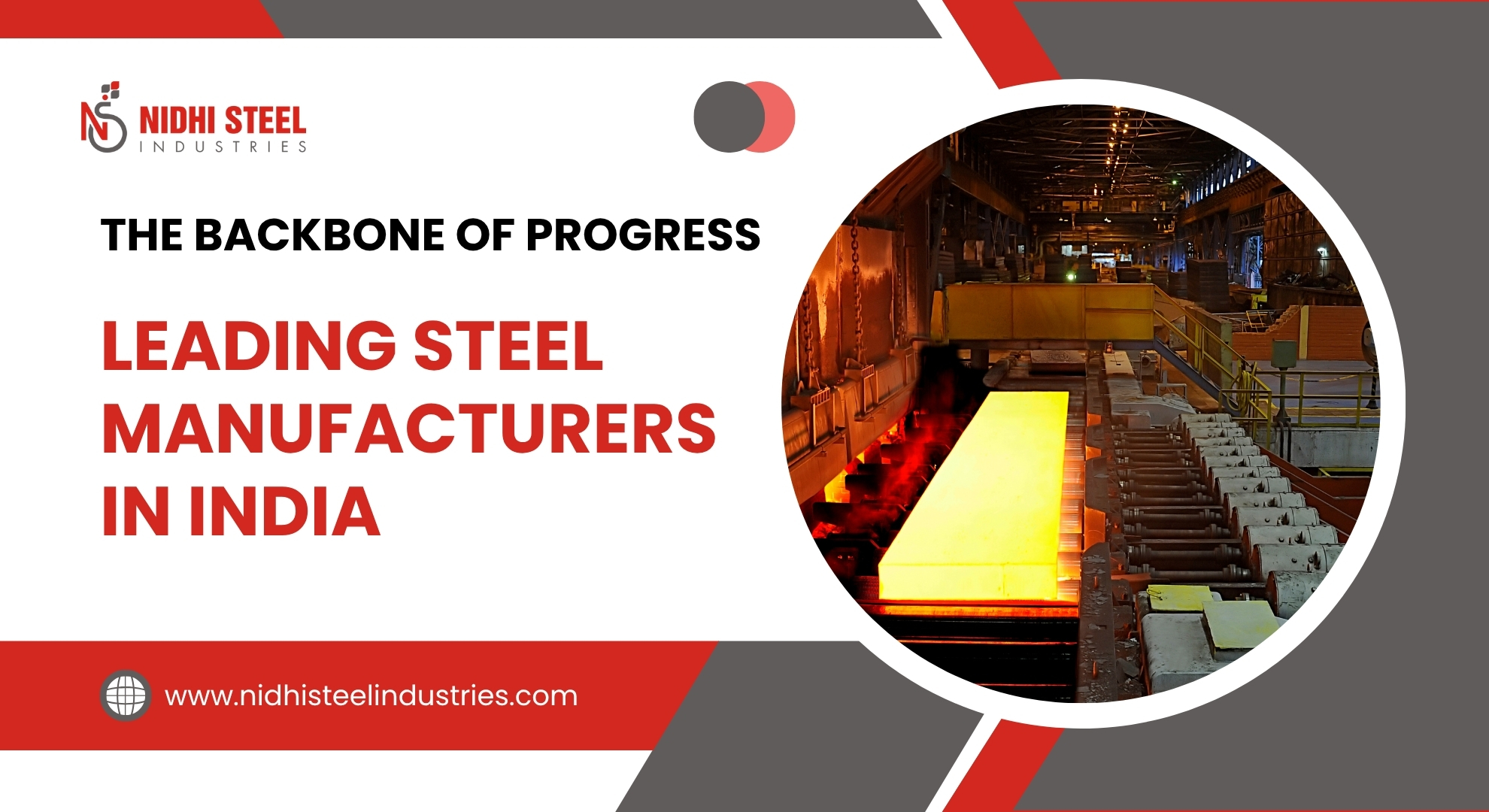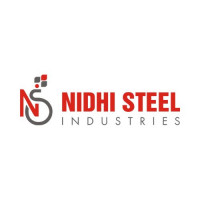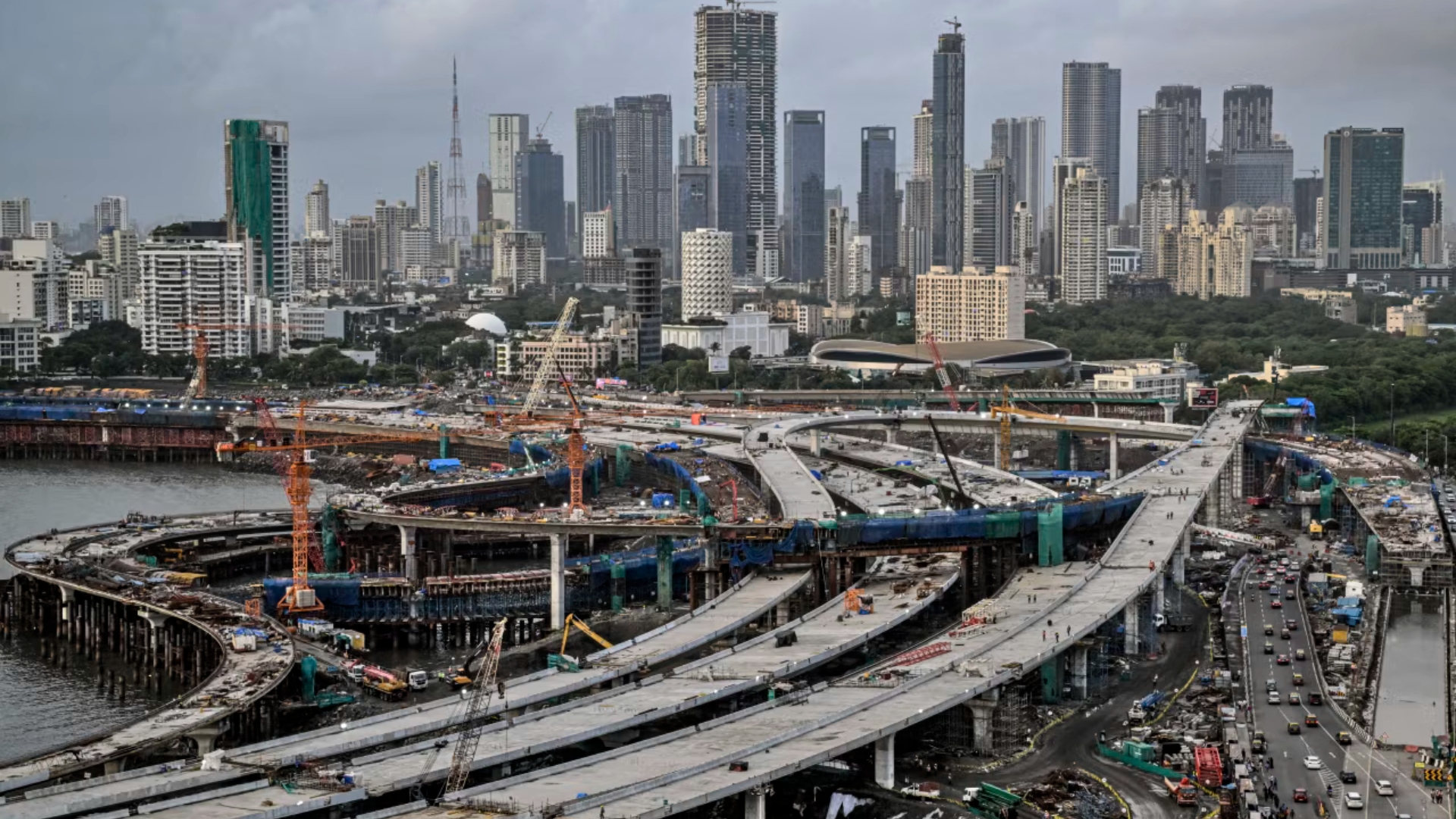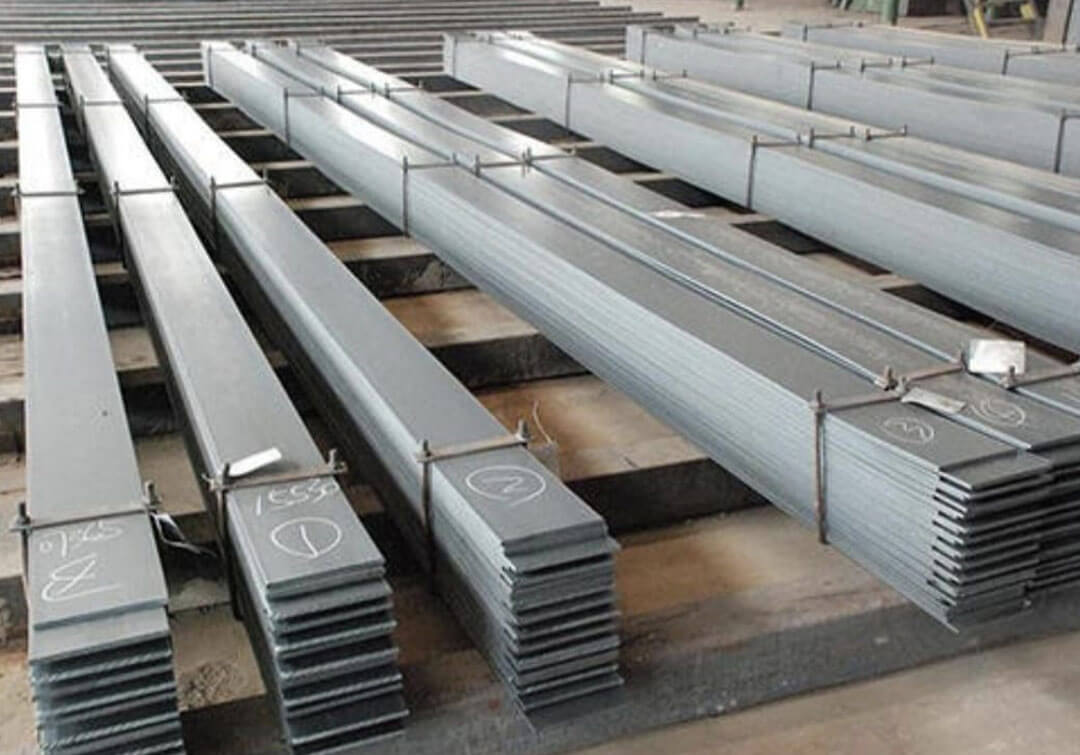The Backbone of Progress: Leading Steel Manufacturers in India

No emerging economy is functional without the steel industry; it is essential to infrastructure, the foundation of industrialization, and stabilizes an economy. In the global context, steel manufacturers in India are resilient, forward thinking, innovative, flexible, and sustainable. India's trajectory in the steel production sector speaks volumes about its industrial capability and vision for the future.
India's Position as a Leading Global Manufacture of Steel
India is the second largest producer of crude steel globally. For the provisional period of 2024-25, India has produced crude steel at 151.14 million tonnes (MT), while capacity is at 198.5 MT. This growth indicates the growing capability and important positioning of India in the global steel sector. Furthermore, while per capita finished steel consumption is lower in India (per capita expected consumption of finished steel in 2023-24 is 97.7kg) is less than world average, and is indicative of considerable room for domestic growth and expansion with infrastructure development and urbanization.
India has historically been a net exporter of finished steel; however, given the recent international gaps in price, it is now a net importer of steel in FY 2023-24, and FY 2024-25. The global supply chain is constantly changing, and the production of steel in India needs to adapt to the dynamics of these changes, while becoming competitive in terms of price and investment in order to respond to and meet customer and market demands.
Driving Innovation: The Technological Edge of Indian Steel Makers
Today's steel manufacturers in India are actively deploying new technologies that improve efficiency, quality, and sustainability. This is transforming how steel is traditionally made.
- Steelmaking Towards Sustainability: There is a clear focus on sustainable steelmaking. New processes are in development to replace carbon with hydrogen, which only emits water vapor and dramatically reduces emissions. Electric arc furnaces (EAF) are increasingly powered by renewable energy sources, like wind and solar, further reducing the carbon footprint in steel production.
- Digital Transformation: The steel industry is using AI and the Internet of Things (IoT) to optimize every step of its production process. AI applications can analyze large amounts of data to optimize the temperature in the furnace, the speeds by which the rafts are rolled, and the cooling rate, which can enhance mechanical properties. AI-enabled predictive maintenance and monitoring systems identify the beginning stages of wear and validate that systems are functioning according to normal parameters. IoT-enabled technologies can provide real-time data, adding value to the decision-making process and alerting to variances.
- Precision and Automation: The use of robotics and automated technology implements is improving safety, reliability, efficiency and quality of product. Robots are taking on dangerous tasks allowing for faster production and greater precision, as well as accidents at refineries. Automated technology for quality control is using advanced sensors and artificial intelligence to inspect steel for defects, which is done with superhuman capabilities so there is a high level of consistency and assurance of high standards without practical limits to productivity, and reduced reject rates due to defects.
Although the technology is still developing, automation will help enable Indian steel producers to manufacture customized materials and configurations designed for specific, fixed, high performance applications for other types of industries. What has also improved, although not related to technology, is the continually developing breakthroughs in material sciences with respect to advanced high-strength steels (AHSS) and the outstanding number of compositions for these steels.
Government Support and Policy Framework
The government of India plays an important intermediary role in the steel sector by establishing policy frameworks to facilitate an enabling environment for the growth of the steel sector.
National Steel Policy 2017: This policy map lays a roadmap for long run growth and self-sufficiency by 2030-31. Key targets include a total crude steel capacity of 300 MT, and a per capita finished steel consumption of 158 kg.
Production-Linked Incentive (PLI) Scheme for Specialty Steel: Launched in 2021 to promote manufacturing for specialty steel. The scheme aims to do this by attracting capital investments, generating employment, and promoting technological upgrading. The PLI scheme projects that specialty steel production is to reach 42 MT by the end of 2026-27.
Research & Development (R&D) Initiatives: The Ministry of Steel provides funding support for R&D initiatives focusing on climate change mitigation (green steel, hydrogen-based production), waste utilization, and resource efficiency.
Steel Quality Control Order (QCO): QCO bans sub-standard steel products from entering the market, thus ensuring an availability of quality steel product in the market.
Key Manufacturing Hubs and Players
Punjab, and in specific Ludhiana is a critical area for the manufacturing of steel and steel-related products in India. This area contains many of the major manufacturers of steel in India and suppliers such as Dhand Steel Traders, G S Steel Industries, Nbeson Group Of Industries, Nidhi Steel Industries, Highway Industries LTD, and TATA Steel Ltd (sale office). In addition, newer manufacturing facilities such as Bedi Steels, which offer a variety of steel products including round bars, RCS / square bars, hex bars, and flat bars, are also increasing the capacity of this sector. Other key players in Punjab include Hero Steels Limited, which has a Cold Rolled Steel facility in Ludhiana, and RN Gupta and Bros, a well-known supplier of complete alloy and carbon steel products - they are one of the most well-established suppliers to this area.
The Importance of Nidhi Steel Industries in Steel Manufacturing
Nidhi Steel Industries, located in Ludhiana, Punjab, is one of the foremost steel manufacturers in India and is an example of the commitment to quality and innovation that the nation represents in its industrial capacities.
Nidhi Steel takes its responsibility to quality workmanship, safety, and the environment very seriously, as evidenced by its ISO certifications, which include ISO 9001 (QMS); ISO 14001 (EMS); ISO 45001 (OH&SMS). Nidhi Steel produces more than 120,000 metric tons of steel each year, which allows it to handle large orders and meet the various demands of industry.
Though its emphasis is on alloy and non-alloy high-quality round bars, Nidhi Steel offers a wider applicability including some of the following locations: steel billets, flat bars, and Round Bars. Its round bars (size specifications are important: diameter diameters, which can be 20mm to 75mm, EN Series grades, chemical compositions, etc.) are characterized by the ability to meet tolerances on diameter (uniform diameter), structural load capacity, weldability, and a smooth surface finish.
Nidhi Steel's products are integral to many industries that leverage their strength, durability, and recyclability for:
- Construction & Infrastructure: Reinforcement of homes and buildings, bridges, tunnels.
- Automotive & Transportation: High-strength steel for vehicle frames, engines, and components to make safer and more fuel-efficient vehicles.
- Metal Products & Machinery: The ability to make any type of industrial equipment, tool, or components for machinery.
- Specialized Industries: Their high-quality round bars also play an important role in agriculture, engineering, and re-rolling mills and, by extension, in the chemical, food processing, energy, and aerospace industries.
Nidhi Steel's excellence in round bar manufacturing as part of its overall production operation allows it to command a position of market leadership in this competitive and demand-driven sector while serving the specific requirements of industries that rely heavily on these products. Check out their website for additional details.
Conclusion
Steel manufacturing in India exhibits dynamism and optimism as reflected in the global steel production capacities of Indian steel companies, in their technological upgradation efforts in pursuit of perfection, and in their rapidly developing initiatives in sustainability. India's steel sector has terrific momentum in response to supportive policies and demand-driven domestic growth. Indian companies emit considerable enthusiasm in meeting domestic and exporting global demand. Nidhi Steel Industries is an excellent example of an Indian company that is helping shape India's industrial future by competing on technology and demonstrating local technologies and human capabilities in adherence to Global standards.
Note: IndiBlogHub features both user-submitted and editorial content. We do not verify third-party contributions. Read our Disclaimer and Privacy Policyfor details.




